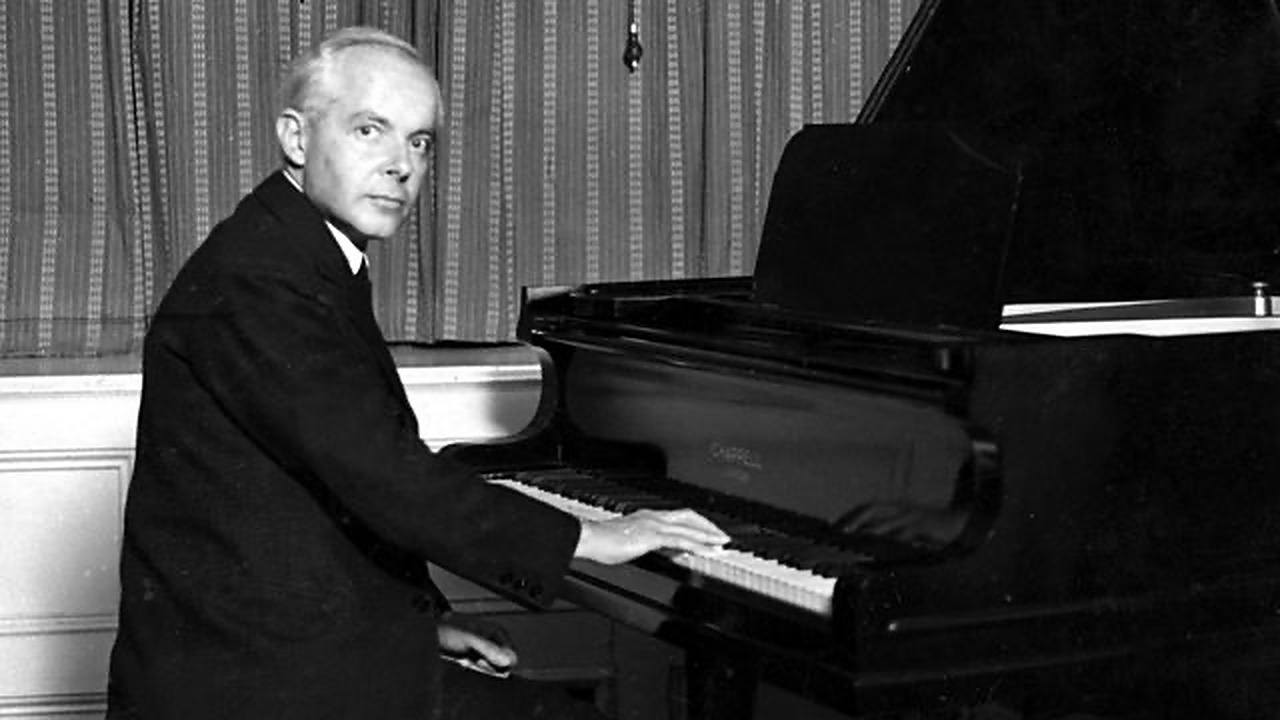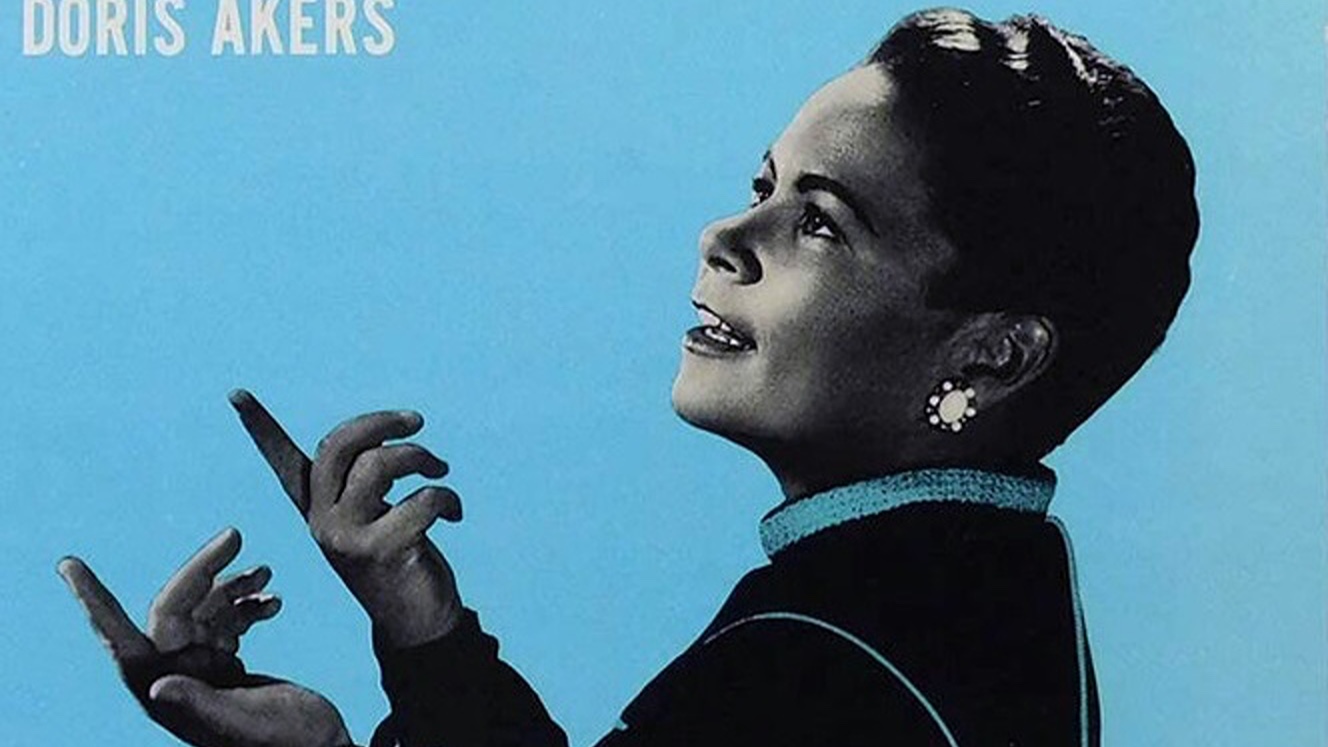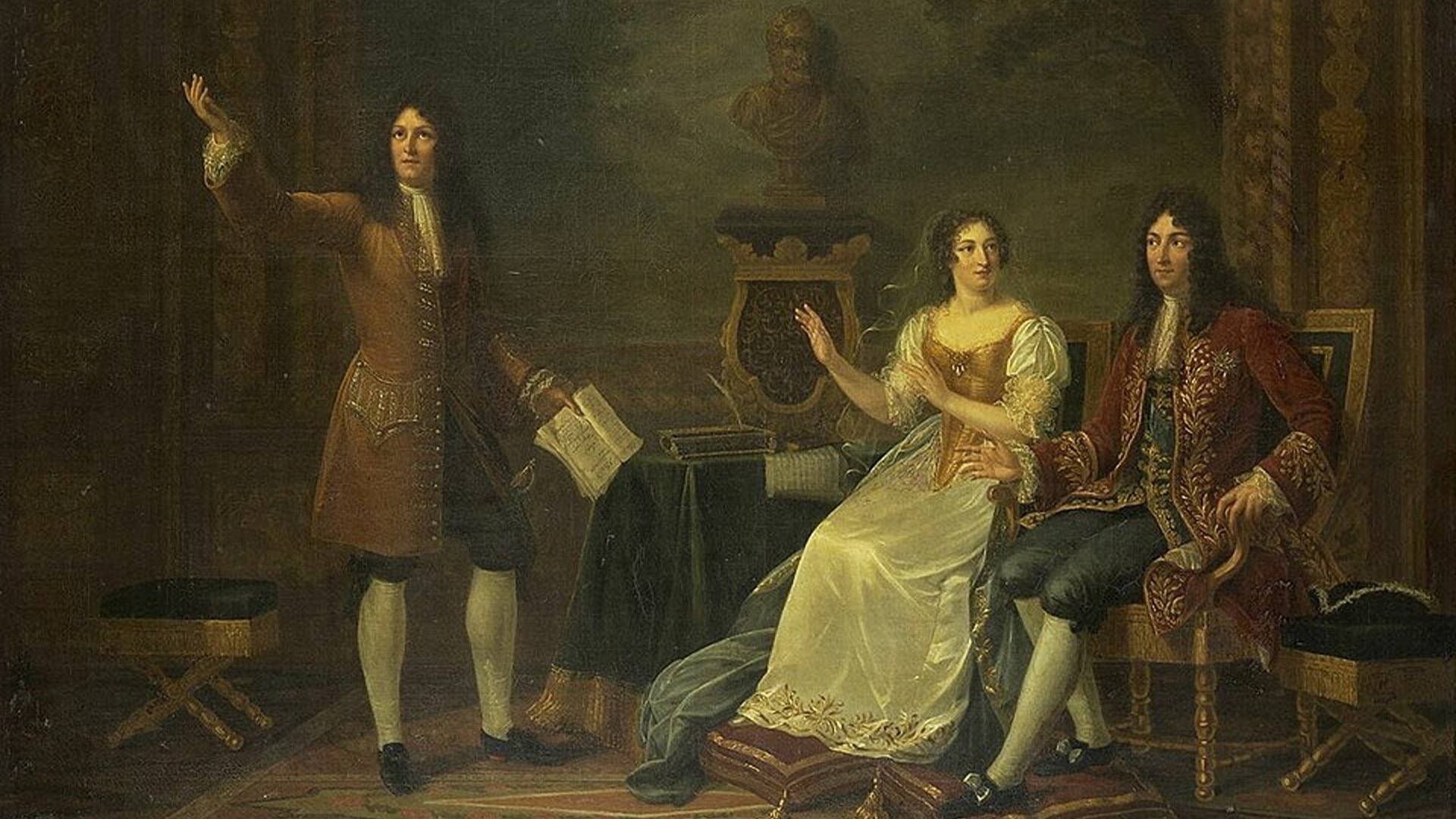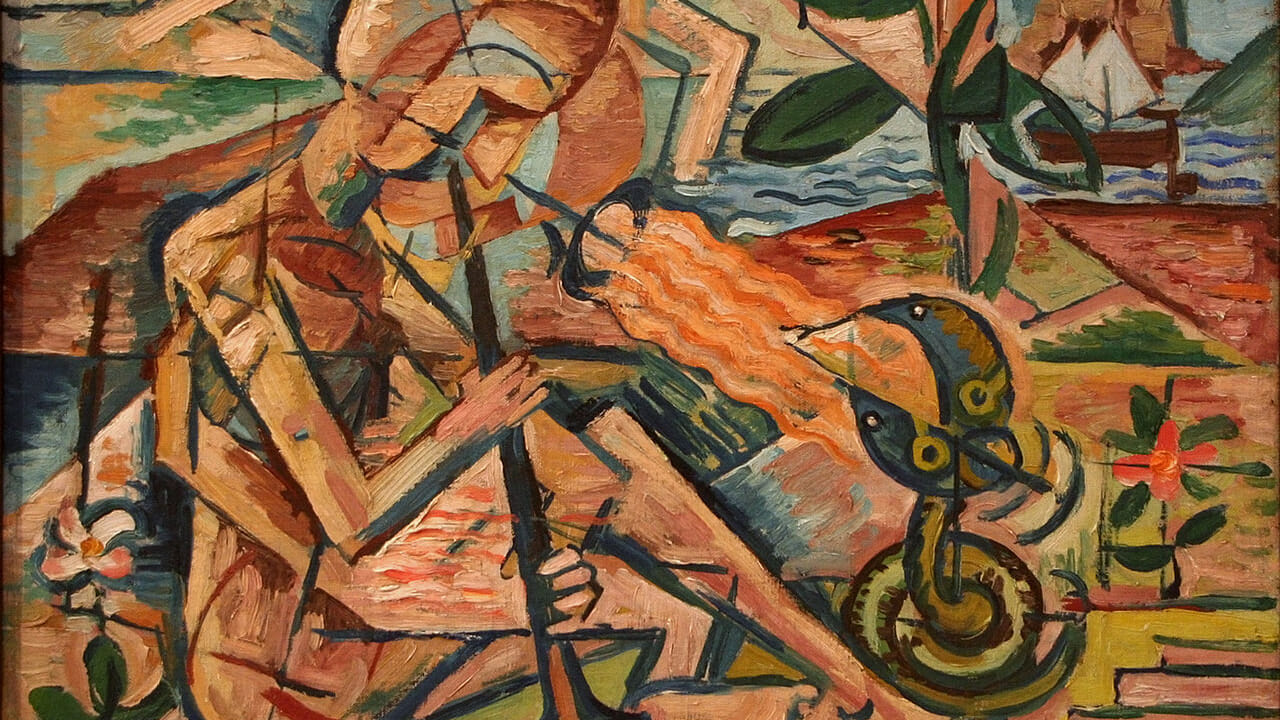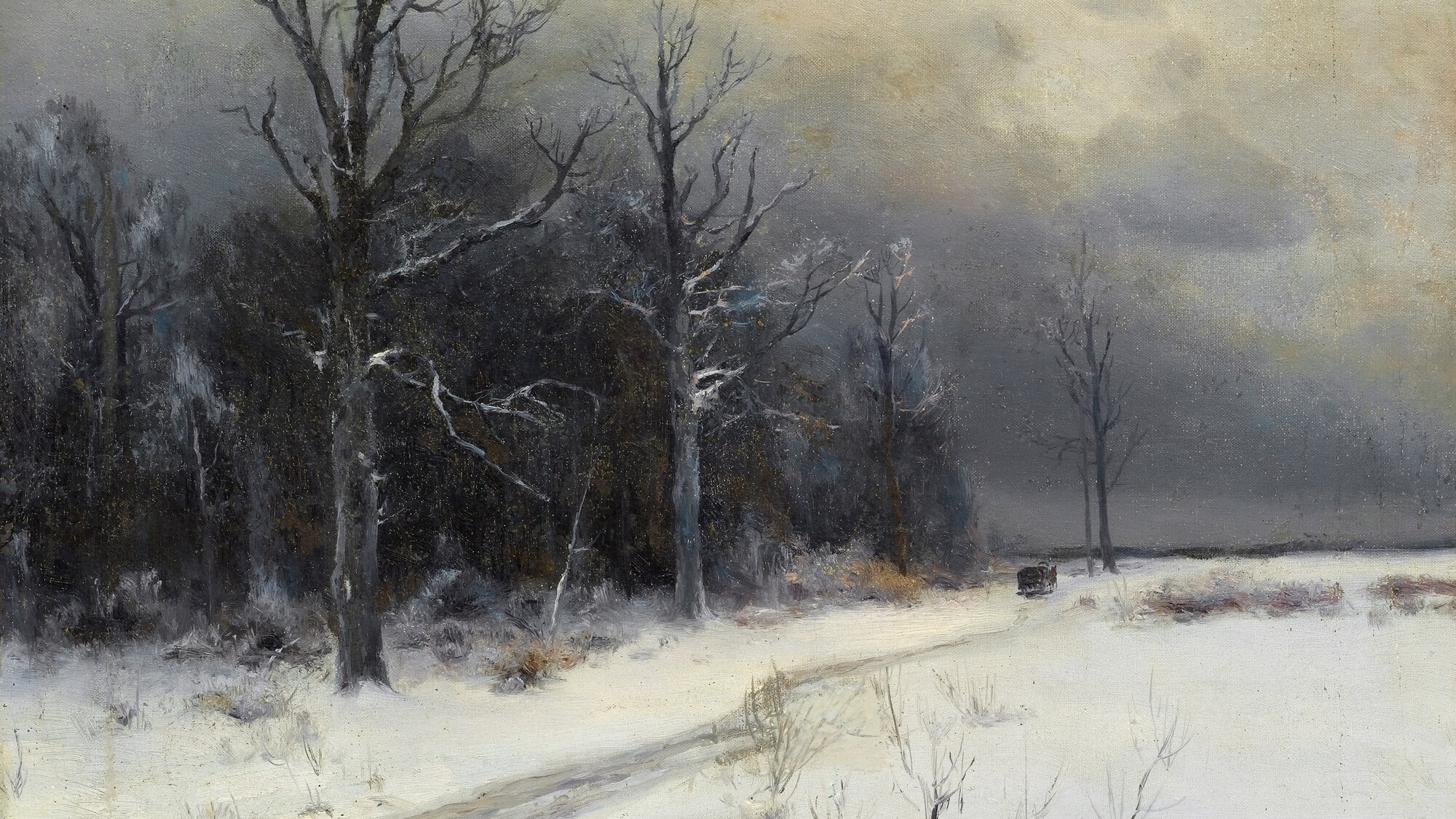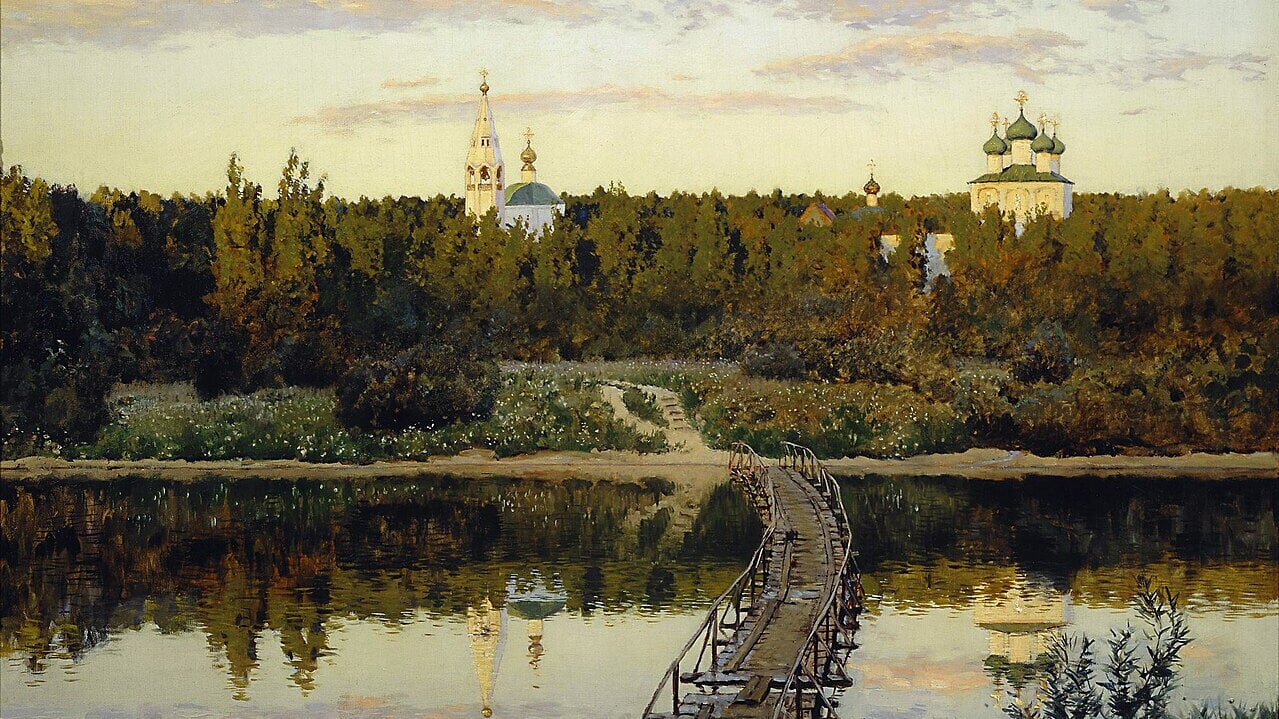Bartók’s Violin Sonata No. 1: Ancient Folk Influences and Strange New Sounds
Describing Béla Bartók’s Violin Sonata No. 1, Sz. 75, violinist Patricia Kopatchinskaja notes The power in the first movement, the loneliness of the violin melody and the states of panic in the second; the almost grotesquely joyful and folk-like character of the third — it’s a special joy if you can play it with pleasure and without stress, without worrying about all its terrifying difficulties. It’s technically extremely difficult, with all the …

